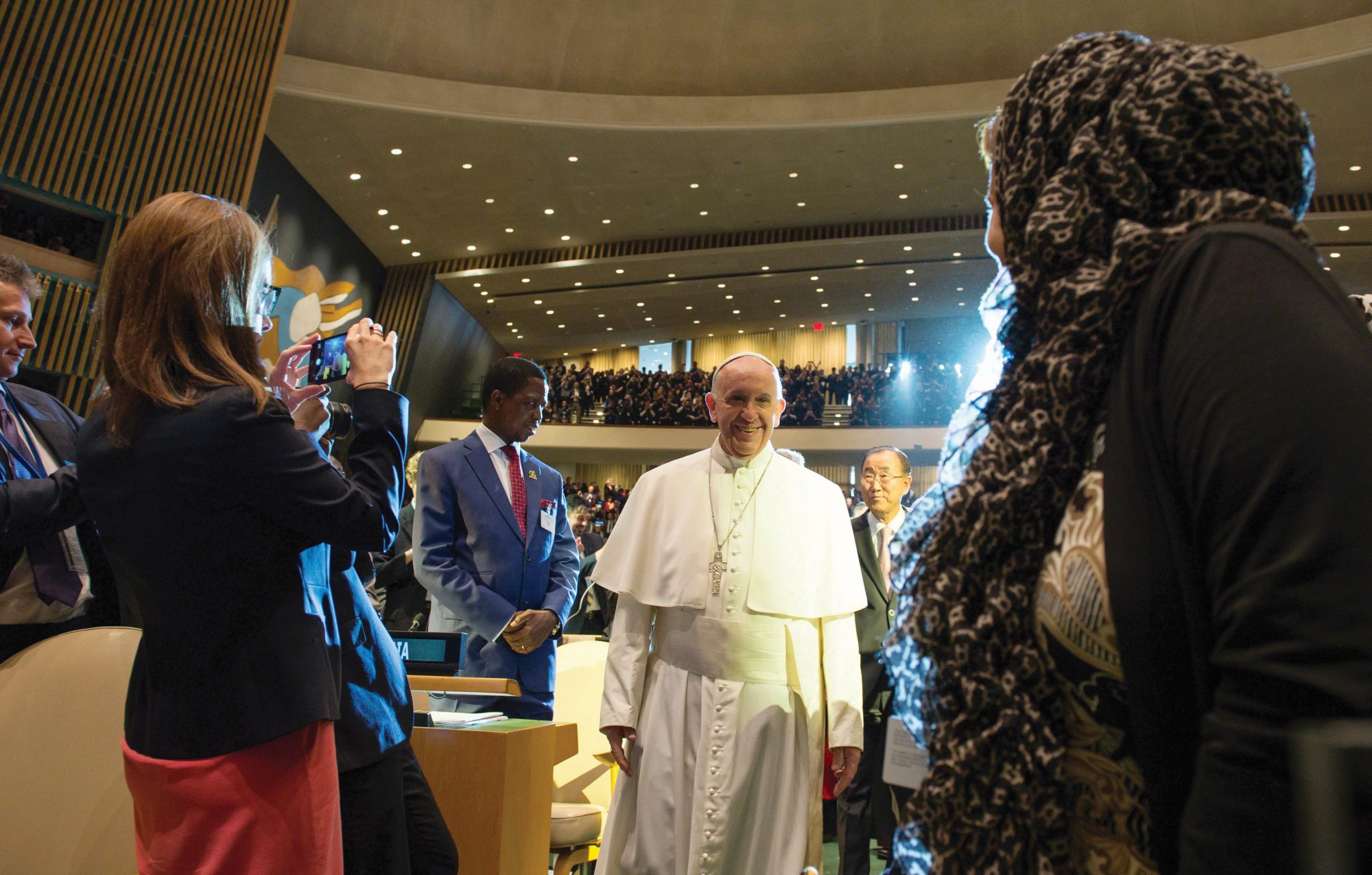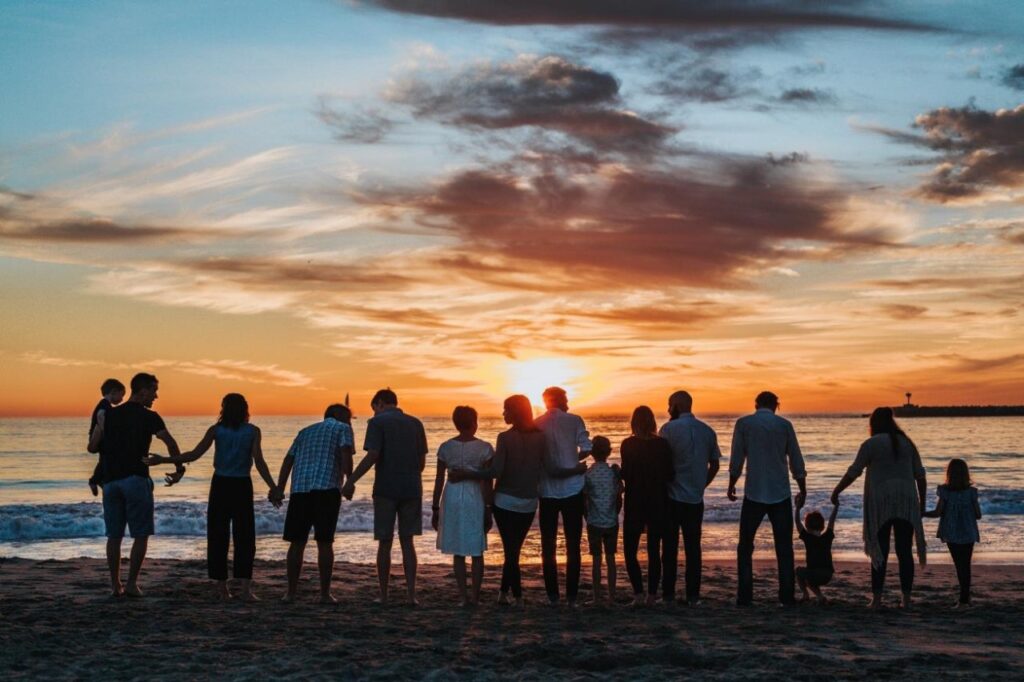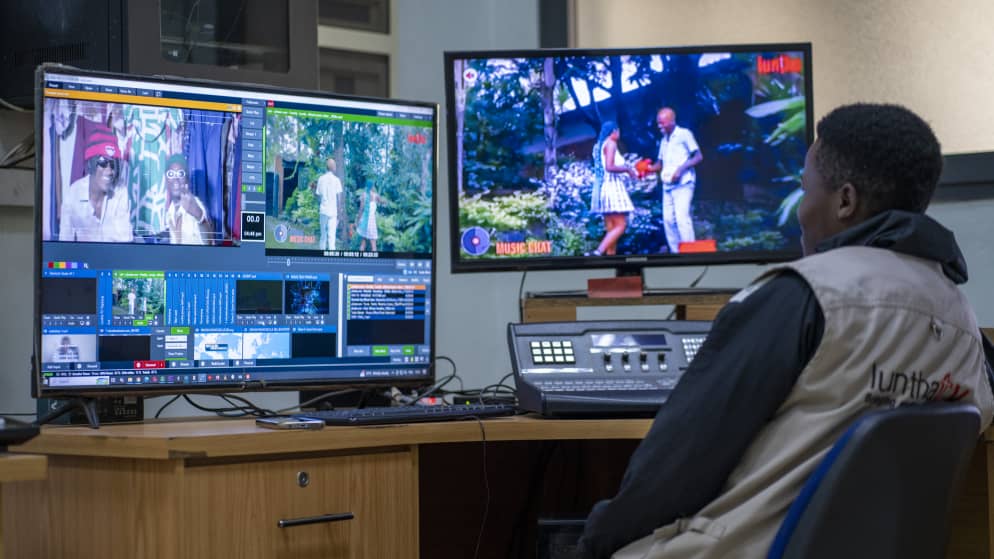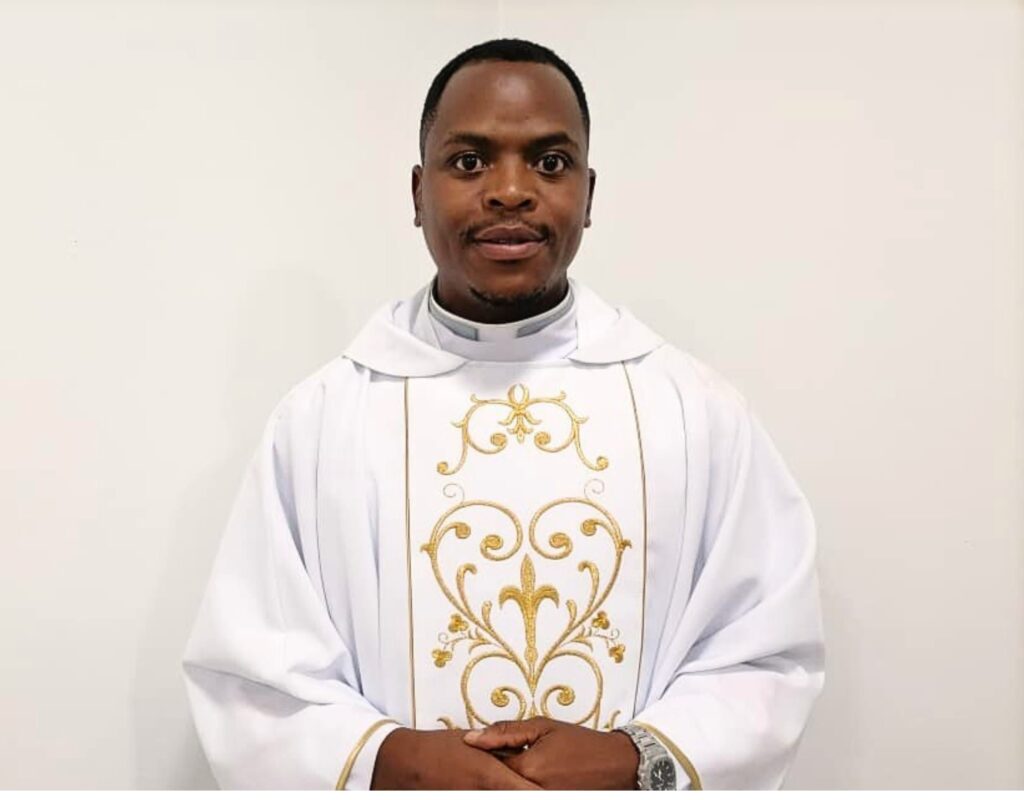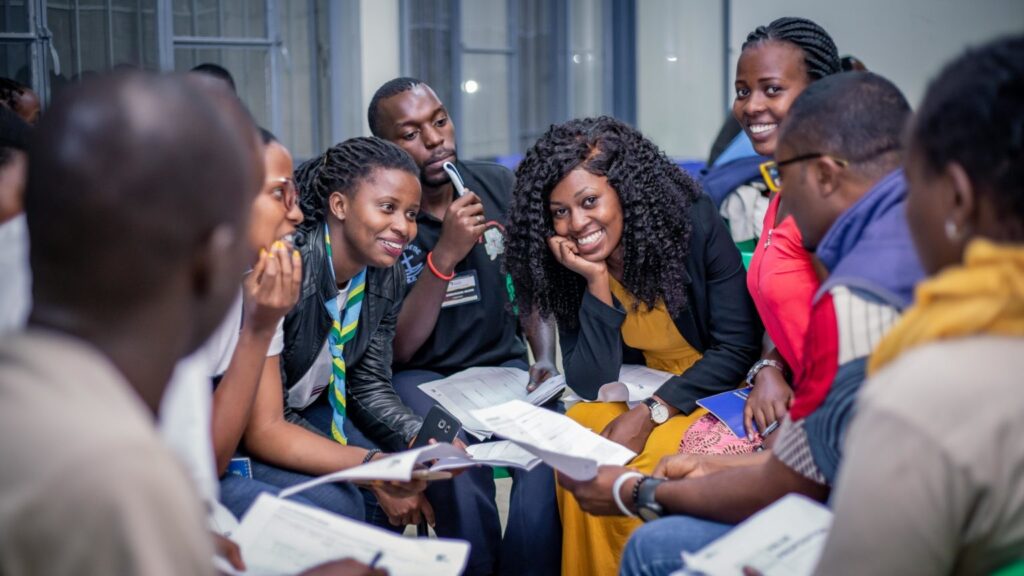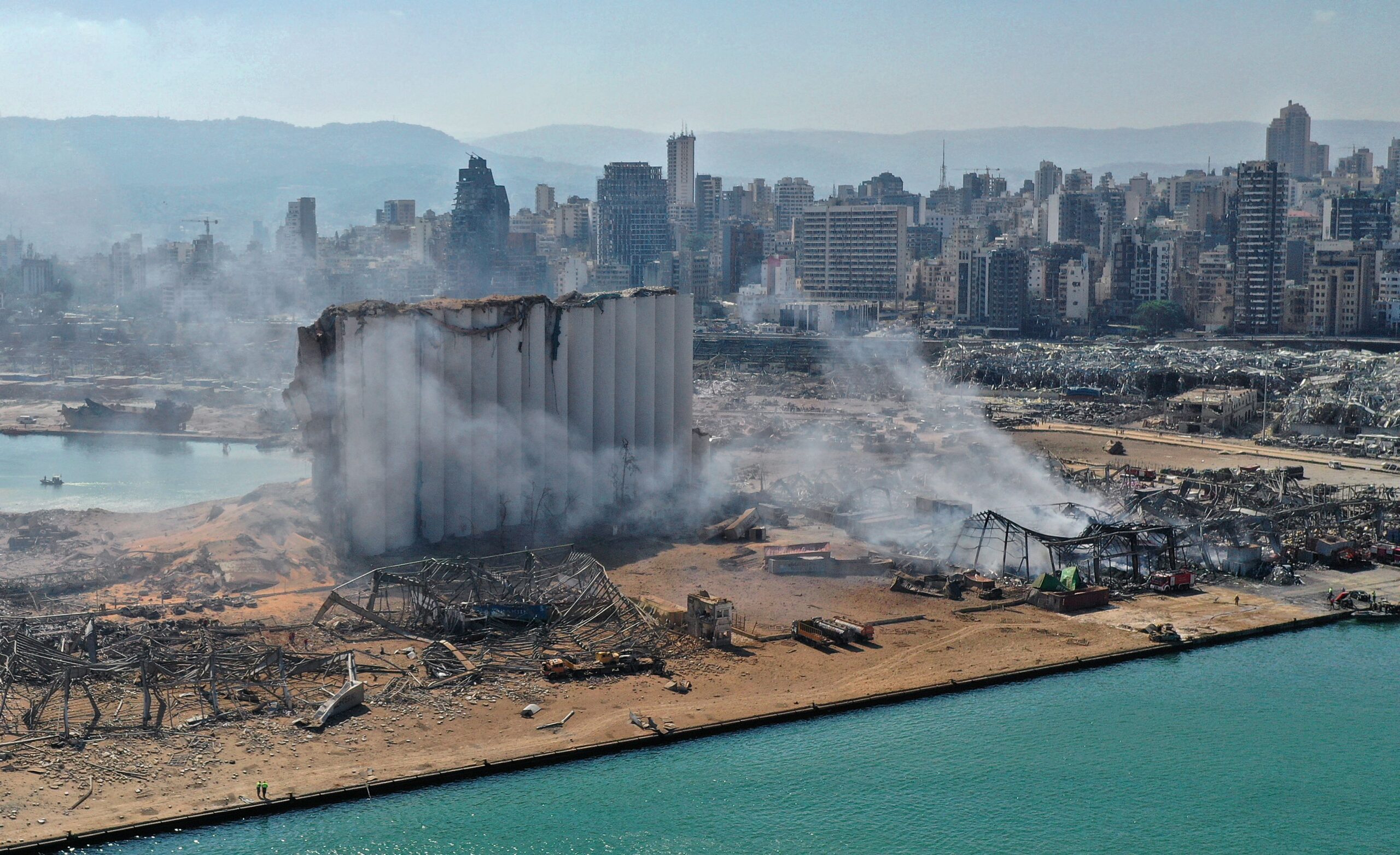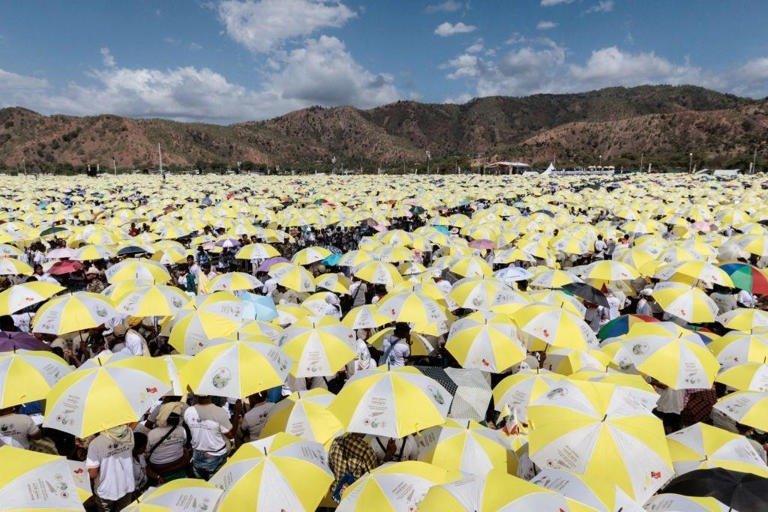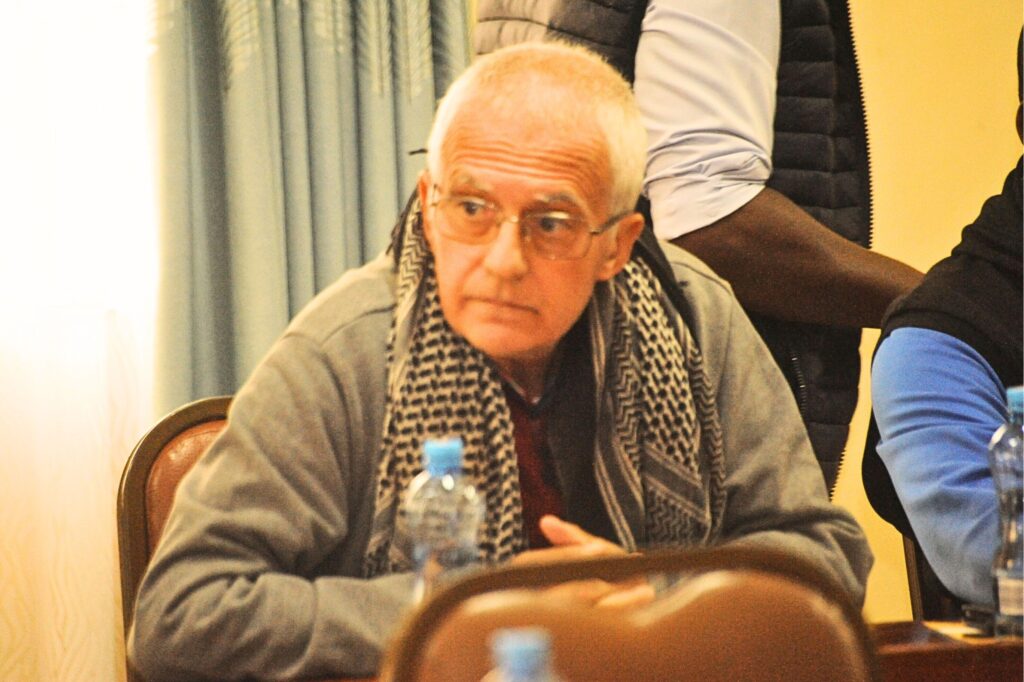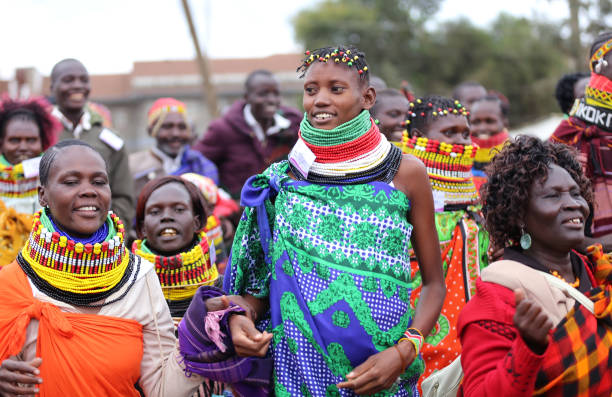In his latest encyclical, Pope Francis calls for a politics characterised by fraternity and social friendship. He stresses the need for a global juridical, political and economic order that can increase and give direction to international cooperu ation for the development of all peoples in solidarity. Despite the deep crisis that the United Nations is going through and in spite of its many failed interventions, he asks that this international institution be “reformed”, to prevent it from being de-legitimised, so that “it can give real concreteness to the concept of the family of nations”.
By Peter Knox, SJ
While reading Fratelli tutti, I am struck by how positively Pope Francis esteems the United Nations Organisation. In the encyclical, he quotes three times from his famous address to the General Assembly, on 25th September 2015 (171, 173, 188), and once from his message to the UN Conference to negotiate a legally binding instrument to prohibit nuclear weapons, on 23rd March 2017 (262). He also refers to the UN Charter four times, calling it “an obligatory reference point of justice and a channel of peace” (257).
As a leading moral voice in the world of today, the Pope has had the opportunity to speak to the United Nations on several occasions. This is evangelisation of the world par excellence. I remember his visit to the UN Office in Nairobi (UNON) in 2015. The UNON houses the world headquarters of UN-Habitat and UN Environmental Programme. Some months after he had published his encyclical Laudato si’ – On Care for Our Common Home, and two weeks before the Paris Summit on global climate change, Francis gave the leaders of the world a ‘moral boost’ that galvanised the minds of many of them to support the Paris Accord to combat global warming.
This vision of Christians working side-by-side with, and for international organisations is expressed in Gaudium et Spes, the famous Pastoral Constitution on the Church in the Modern World of the Second Vatican Council (7th December 1965). The Council saw that the Church is part of the world, and that we Christians cannot plough our own furrow separate from all the brothers and sisters around the world, who make up our societies. As we are not isolated from the grave concerns of the world, so we need to be part of the solutions. In its fifth chapter, the Constitution praises the efforts of leaders who set aside their own national interests to work for international peace, and it spells out an agenda for international organisations.
Since the foundation of the UN in 1945, the Holy See (the Catholic Church) has always had observer status at the Organisation – and has permanent diplomatic missions at the headquarters of many of its programmes, in Rome, Geneva, New York, Nairobi, etc. In addition, thousands of local Catholic organisations around the world partner with UN programmes for the benefit of those most in need of shelter, refuge, food, education, healthcare, peace, etc. I imagine that many of us were happy that the Nobel Committee has recognised the UN World Food Programme for combatting hunger and saving the lives of millions of people, by awarding it the Nobel Peace Prize for 2020.
The most threatening diseases of our time are not Covid-19 and AIDS, but isolationism and individualism. Cutting oneself off from others and not caring about the social consequences of one’s actions bring suffering to everybody. The Second Vatican Council bishops would be horrified by countries that want to go it alone, aspiring to be independent from their neighbours. Unilateral withdrawal from international treaties, like the Paris Accord on the climate, or from the European Union, are completely contrary to the spirit of Vatican II and of Fratelli tutti. Everybody loses when the solidarity of the whole human race is weakened.
 Ultimately, the planet, our common home, also suffers when human beings are not working together in harmony for the good of everyone. As this applies on an international scale, it is also relevant for us in our families, schools, communities and villages. Withdrawal and separation are not the way to deal with conflicts and disagreements. Rather, we should engage with even greater commitment to overcome obstacles.
Ultimately, the planet, our common home, also suffers when human beings are not working together in harmony for the good of everyone. As this applies on an international scale, it is also relevant for us in our families, schools, communities and villages. Withdrawal and separation are not the way to deal with conflicts and disagreements. Rather, we should engage with even greater commitment to overcome obstacles.
Of course, some people are highly critical of the UN, and ask what the Organisation has achieved over the 75 years of its existence since the end of the Second World War. American President Trump has labelled the UN “bloated bureaucracy” (And no doubt, it is – just like the African Union and European Union, and many governments). Other opponents point out how the UN lacked the political will to prevent the start of the Rwandan genocide in 1994. Others still point the accusing finger to how the UN forces did not prevent the massacre of thousands of Bosnians in Srebrenica. In 1995, there was a conflict of ideologies between the UN’s World Conference on Women and the Catholic Church regarding their respective positions on women’s health and the use of contraception and abortion.
Yet, Pope Francis says that the Organisation should not be “delegitimised, since its problems and shortcomings are capable of being jointly addressed and resolved” (173). Like any other human organisation, the UN has its limitations and failures, and some of these are unforgiveable. But that is not a strong enough reason to turn one’s back on an organisation that is trying to foster human dignity, the fraternity of nations and peoples, and the health of the planet. Christians do not have the only insight or the final word in every issue. There is always more than one face to any problem. In fact, Pope Francis writes: “The image of a polyhedron can represent a society where differences coexist, complementing, enriching and reciprocally illuminating one another, even amid disagreements and reservations. Each of us can learn something from others” (215).
As we read Fratelli tutti, we see Pope Francis sharing the inspiration of St. Francis of Assisi: that we might have a universal brotherhood and sisterhood. On the international scale, this is expressed in the relations between states and at the level of the UN. On the personal scale, our fraternity should extend to people of other religions, outlooks, sexualities, ethnic groups, languages, etc. But do we also extend our hand of friendship to our planet, and to the many living creatures, plants and animals, that share our home, and make it what it is?

